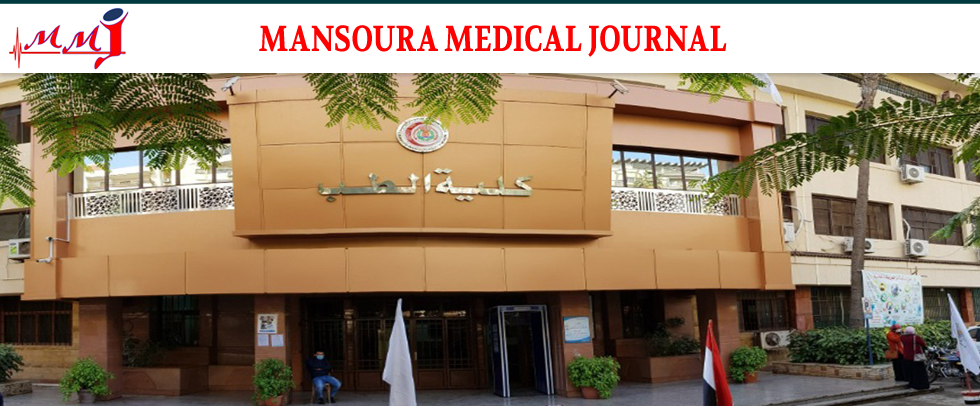Article Type
Original Study
Abstract
Background: Patients with chronickidney disease are suffering from differentelectrolytes and hormonalchanges.The effect of calcium,phosphorusand parathyroid hormone(PTH) levels as risk factors forCryptosporidiuminfection have notbeenstudied before. Aim : To estimate the incidence ofCryptosporidium infection among hemodialysispatients and its relation tocalcium,phosphorus and iPTH levels. Patients and Methods : Seventynine hemodialysis patients attending the hemodialysis Unit at MansouraUrology and Nephrology Center andMansoura University Hospital, and80 apparently healthy controls wererecruited in this study. All studiedgroups were subjected to history takingand clinical examination. Stoolsampleswere examined macroscopicallyand microscopically and modifiedKinyoun’s acid fast stain for detectionof intestinal coccidian wasused.Blood samples were collectedforestimation of iPTH, calcium,phosphorous,serum creatinine andplasmaurea. Results : among the 79 hemodialysispatients 49.4% had intestinal parasites. The most prevalent parasitewas Cryptosporidium (40.5%).Theduration and efficiency of hemodialysisplayed a role in the increasedincidence of parasitic infection(P= 0.031, 0.004 respectively),iPTHlevel played additional role(P=0.002).Efficiency of hemdialysiswasthe most predictor risk factor forintestinalparasitic infection amonghemodialysispatients (OR =0.19,CI=0.05-0.82,P=0 0.02).Conclusions : Cryptosporidium isa common parasitic infection in hemodialysispatients, special stainshouldroutinely used in stool examinationfor its detection. Improving theefficiencyof hemodialysis may help < br />toreduce the incidence of parasiticinfections.The iPTH is associatedwithincreased incidence of Cryptosporidiuminfection and this needs furtherstudies to confirm its role.
Recommended Citation
Metwali, Abdelhameed; Nabih, Nairmen; Salem, Doaa; Sheashaa, Hussein; Donia, Ahmed; Bakr, Mohamed; and El-Nahas, Hala
(2013)
"INCIDENCE AND RISK FACTORS FOR CRYPTOSPORIDIUM INFECTION AMONG HEMODIALYSIS PATIENTS: RELATION TO SERUM IPTH LEVELS.,"
Mansoura Medical Journal: Vol. 42
:
Iss.
1
, Article 6.
Available at:
https://doi.org/10.21608/mjmu.2020.124889
Creative Commons License

This work is licensed under a Creative Commons Attribution 4.0 International License.



